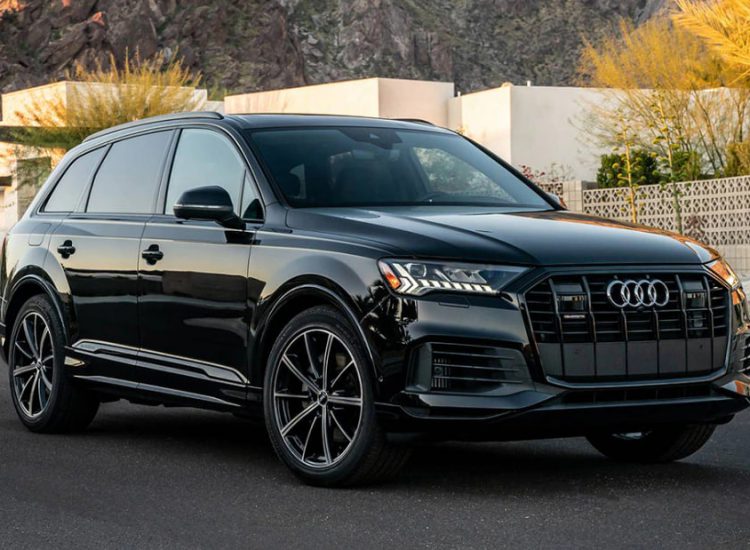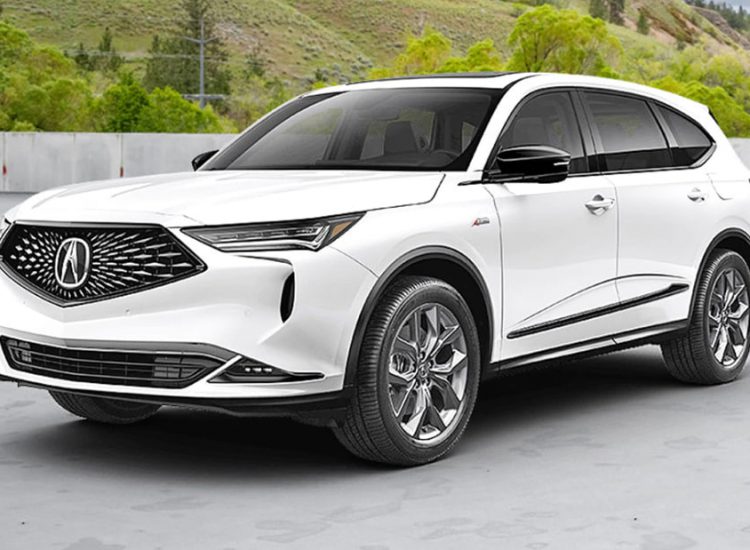Comprehensive car insurance is a type of auto insurance coverage that provides protection against a wide range of risks and damages, including theft, vandalism, natural disasters, and collisions with animals. This type of insurance typically covers damage to your vehicle that is not caused by a collision with another vehicle. Comprehensive car insurance is often recommended for drivers who want to ensure they are fully protected in the event of unexpected incidents.
Toc
- 1. How to Choose the Right Comprehensive Car Insurance Policy
- 2. Difference Between Comprehensive and Collision Car Insurance
- 3. Related articles 01:
- 4. Factors That Affect Comprehensive Car Insurance Premiums
- 5. Understanding Coverage Limits in Comprehensive Car Insurance
- 6. Related articles 02:
- 7. Benefits of Comprehensive Car Insurance
- 8. Conclusion
How to Choose the Right Comprehensive Car Insurance Policy

Comprehensive car insurance is a type of coverage that provides financial protection for your vehicle in the event of damage or loss that is not caused by a collision. This type of insurance is often recommended for drivers who want to have peace of mind knowing that their vehicle is protected from a wide range of risks.
One of the key benefits of comprehensive car insurance is that it covers a variety of scenarios that are not covered by basic liability or collision insurance. This can include damage from natural disasters such as floods, fires, or earthquakes, as well as theft, vandalism, and falling objects. Comprehensive insurance can also cover damage caused by hitting an animal, such as a deer or a bird.
When choosing a comprehensive car insurance policy, it is important to consider the level of coverage that is offered. Some policies may have higher deductibles or lower coverage limits, so it is important to carefully review the terms and conditions of the policy before making a decision. It is also important to consider any additional coverage options that may be available, such as roadside assistance or rental car reimbursement.
When comparing comprehensive car insurance policies, it is important to consider the cost of the policy as well as the level of coverage that is provided. Some policies may be more expensive than others, but they may also offer more comprehensive coverage. It is important to weigh the cost of the policy against the potential benefits in order to determine which policy is the best fit for your needs.
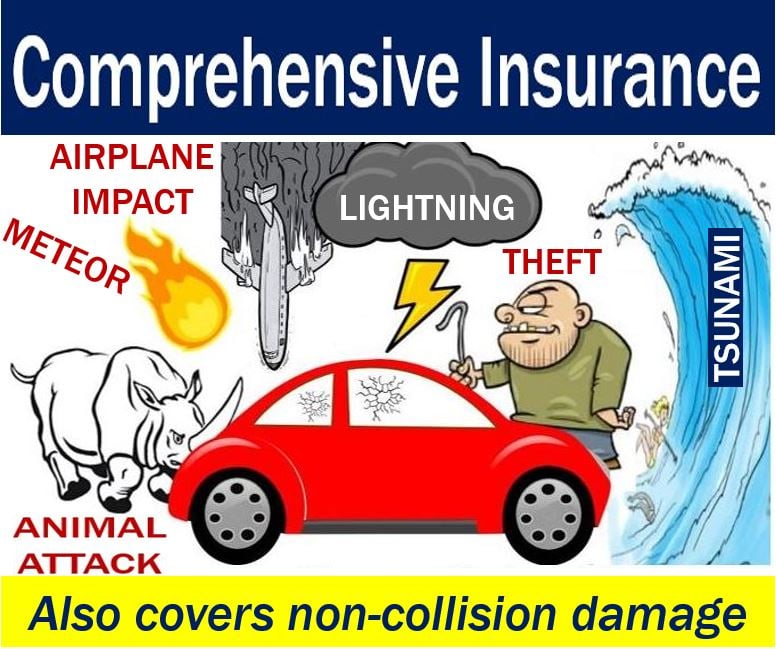
In addition to cost and coverage, it is also important to consider the reputation of the insurance company when choosing a comprehensive car insurance policy. It is important to choose a reputable company that has a history of providing excellent customer service and paying claims in a timely manner. Reading reviews and talking to other customers can help you determine which insurance companies have a good reputation in the industry.
When choosing a comprehensive car insurance policy, it is also important to consider any discounts that may be available. Many insurance companies offer discounts for things like having a clean driving record, taking a defensive driving course, or bundling multiple policies together. Taking advantage of these discounts can help you save money on your insurance premiums.
Overall, comprehensive car insurance is an important type of coverage that can provide financial protection for your vehicle in a wide range of scenarios. When choosing a comprehensive car insurance policy, it is important to consider the level of coverage that is offered, the cost of the policy, the reputation of the insurance company, and any discounts that may be available. By carefully considering these factors, you can choose the right comprehensive car insurance policy for your needs and have peace of mind knowing that your vehicle is protected.
Difference Between Comprehensive and Collision Car Insurance

Comprehensive car insurance is a type of coverage that provides financial protection for your vehicle in the event of damage or loss that is not caused by a collision. This type of insurance is often referred to as “full coverage” because it offers a wide range of protection for your car. While collision insurance covers damage to your vehicle in the event of a crash with another vehicle or object, comprehensive insurance covers a broader range of incidents that can cause damage to your car.
Comprehensive car insurance typically covers damage caused by events such as theft, vandalism, fire, natural disasters, and falling objects. This type of coverage can be especially valuable if you live in an area prone to severe weather or if you park your car in a high-crime area. By having comprehensive insurance, you can have peace of mind knowing that your vehicle is protected from a variety of potential risks.
One key difference between comprehensive and collision insurance is the types of incidents that are covered. While collision insurance only covers damage caused by crashes, comprehensive insurance covers a wider range of events that can cause damage to your vehicle. This means that comprehensive insurance can provide more comprehensive protection for your car in a variety of situations.
Another important difference between comprehensive and collision insurance is the cost. Comprehensive insurance is typically more expensive than collision insurance because it offers a broader range of coverage. However, the cost of comprehensive insurance can vary depending on factors such as the value of your car, your driving record, and where you live. It’s important to carefully consider your individual needs and budget when deciding whether to purchase comprehensive insurance.
1. https://suvwars.com/automatic-emergency-braking-technology-is-being-applied-for-2023
2. https://suvwars.com/is-self-driving-technology-the-standard-for-future-car-production
3. https://suvwars.com/mmoga-the-most-effective-way-to-buy-car-insurance-for-road-trips
4. https://suvwars.com/mmoga-inexpensive-auto-insurance-a-guide-for-young-drivers
5. https://suvwars.com/mmoga-allstate-car-insurance-comprehensive-coverage-and-exceptional-service
When deciding whether to purchase comprehensive insurance, it’s important to consider the value of your car and how much you rely on it. If you have a newer or more expensive vehicle, comprehensive insurance can provide valuable protection in the event of damage or loss. Additionally, if you rely on your car for daily transportation or if you live in an area with a high risk of theft or vandalism, comprehensive insurance can offer added peace of mind.
In conclusion, comprehensive car insurance is a valuable type of coverage that provides protection for your vehicle in a variety of situations. While collision insurance only covers damage caused by crashes, comprehensive insurance covers a wider range of incidents such as theft, vandalism, and natural disasters. Although comprehensive insurance is typically more expensive than collision insurance, it can offer valuable protection for your car in a variety of situations. When deciding whether to purchase comprehensive insurance, it’s important to carefully consider your individual needs and budget to determine the best coverage for your vehicle.
Factors That Affect Comprehensive Car Insurance Premiums
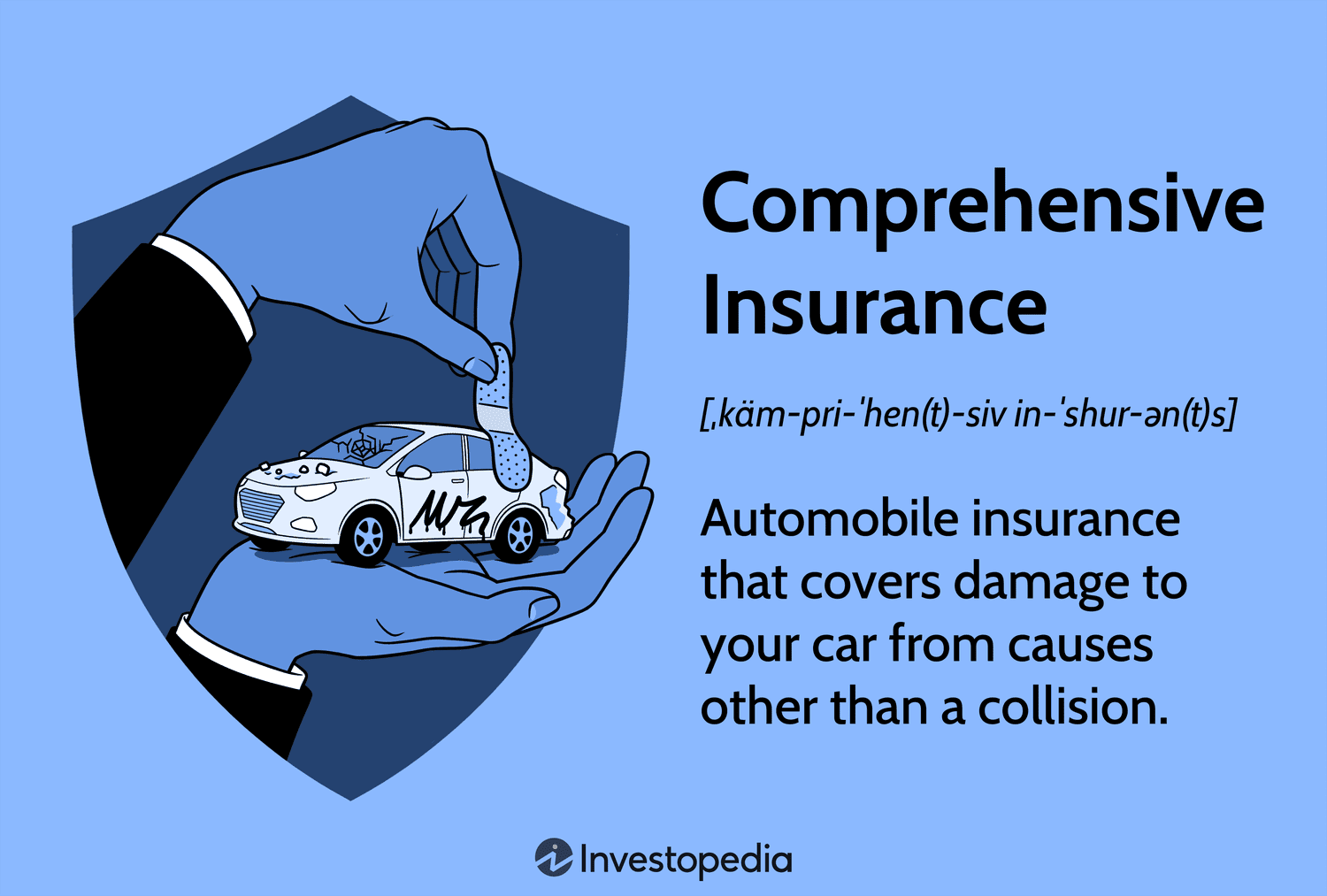
Comprehensive car insurance is a type of coverage that provides financial protection for your vehicle in the event of damage or loss that is not caused by a collision. This type of insurance is often recommended for drivers who want to have peace of mind knowing that their vehicle is protected from a wide range of risks.
One of the key factors that affect comprehensive car insurance premiums is the value of the vehicle being insured. The more expensive the vehicle, the higher the premium is likely to be. This is because the insurance company will need to pay out more in the event of a claim, so they charge a higher premium to offset this risk.
Another factor that can affect comprehensive car insurance premiums is the deductible amount. The deductible is the amount that you are responsible for paying out of pocket before the insurance company will cover the rest of the claim. A higher deductible typically results in a lower premium, as you are taking on more of the financial risk yourself.
The location where you live can also impact your comprehensive car insurance premium. If you live in an area with a high rate of vehicle theft or vandalism, you may be charged a higher premium to account for the increased risk of a claim. On the other hand, if you live in a low-crime area, you may be able to secure a lower premium.
Your driving record is another important factor that can affect your comprehensive car insurance premium. If you have a history of accidents or traffic violations, you may be considered a higher risk driver and could be charged a higher premium as a result. On the other hand, if you have a clean driving record, you may be eligible for a lower premium.
The type of coverage and limits you choose for your comprehensive car insurance policy can also impact your premium. If you opt for additional coverage options, such as roadside assistance or rental car reimbursement, your premium is likely to be higher. Similarly, if you choose higher coverage limits, you can expect to pay a higher premium.
Finally, your age and gender can also play a role in determining your comprehensive car insurance premium. Younger drivers, especially those under the age of 25, are typically charged higher premiums due to their lack of driving experience and higher likelihood of being involved in accidents. Additionally, statistics show that male drivers tend to be involved in more accidents than female drivers, so they may also be charged a higher premium.
In conclusion, there are several factors that can affect comprehensive car insurance premiums. By understanding these factors and how they impact your premium, you can make informed decisions when selecting a policy that meets your needs and budget. It is important to shop around and compare quotes from different insurance companies to find the best coverage at the most competitive rate.
Understanding Coverage Limits in Comprehensive Car Insurance
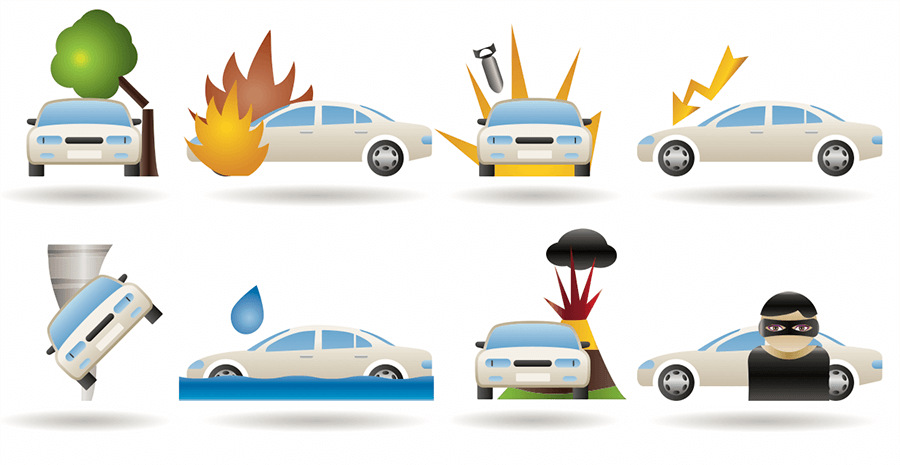
Comprehensive car insurance is a type of coverage that provides financial protection for your vehicle in the event of damage or loss that is not caused by a collision. This type of insurance is often referred to as “full coverage” because it offers a wide range of protection beyond just the basic liability coverage required by law.
One of the key components of comprehensive car insurance is coverage for damage caused by events such as theft, vandalism, fire, or natural disasters. This means that if your car is stolen, broken into, or damaged by a fire or severe weather, your insurance policy will help cover the cost of repairs or replacement.
In addition to coverage for non-collision damage, comprehensive car insurance also typically includes coverage for glass damage, such as a cracked windshield. This can be particularly useful if you live in an area where road debris or severe weather conditions are common.
Another important aspect of comprehensive car insurance is coverage for damage caused by animals. If you hit a deer or other animal while driving, your comprehensive coverage can help cover the cost of repairs to your vehicle.
1. https://suvwars.com/automatic-emergency-braking-technology-is-being-applied-for-2023
2. https://suvwars.com/mmoga-navigating-the-road-to-secure-automobile-insurance
3. https://suvwars.com/mmoga-how-pay-per-mile-auto-insurance-works
4. https://suvwars.com/is-self-driving-technology-the-standard-for-future-car-production
5. https://suvwars.com/mmoga-how-to-navigate-auto-insurance-for-delivery-drivers
It’s important to note that comprehensive car insurance does not cover damage to your vehicle caused by a collision with another vehicle or object. For that type of coverage, you would need to have collision insurance in addition to comprehensive coverage.
When it comes to understanding coverage limits in comprehensive car insurance, it’s important to know that each policy will have its own limits and deductibles. The coverage limit is the maximum amount that your insurance company will pay out for a covered claim. The deductible is the amount that you will be responsible for paying out of pocket before your insurance coverage kicks in.
When choosing a comprehensive car insurance policy, it’s important to consider both the coverage limits and the deductible. A higher deductible will typically result in a lower premium, but it also means that you will have to pay more out of pocket in the event of a claim. On the other hand, a lower deductible will result in a higher premium, but it can provide more financial protection in the event of a claim.
It’s also important to review your comprehensive car insurance policy regularly to ensure that you have adequate coverage for your needs. If you have made significant upgrades to your vehicle or if the value of your car has increased, you may need to adjust your coverage limits to ensure that you are adequately protected.
In conclusion, comprehensive car insurance provides valuable protection for your vehicle beyond just basic liability coverage. Understanding the coverage limits and deductibles in your policy is essential to ensuring that you have the right level of protection for your needs. By reviewing your policy regularly and making any necessary adjustments, you can have peace of mind knowing that your vehicle is protected in a wide range of scenarios.
Benefits of Comprehensive Car Insurance
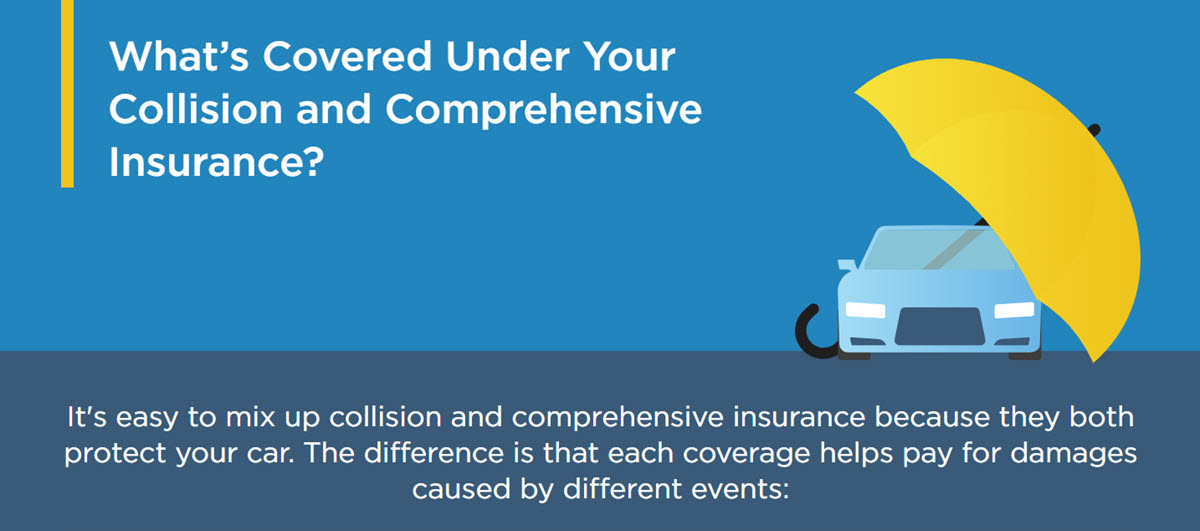
Comprehensive car insurance is a type of coverage that provides financial protection for your vehicle in the event of damage or loss that is not caused by a collision. This type of insurance is often recommended for drivers who want to have peace of mind knowing that their vehicle is protected from a wide range of risks.
One of the key benefits of comprehensive car insurance is that it covers a variety of scenarios that are not covered by basic liability or collision insurance. This can include damage from natural disasters such as floods, fires, or earthquakes, as well as theft, vandalism, and falling objects. By having comprehensive coverage, you can rest assured that your vehicle is protected from a wide range of potential risks.
Another benefit of comprehensive car insurance is that it can help you avoid significant out-of-pocket expenses in the event of a covered loss. Without comprehensive coverage, you may be responsible for paying for repairs or replacement of your vehicle out of your own pocket. This can be a significant financial burden, especially if your vehicle is damaged or stolen.
Comprehensive car insurance can also provide coverage for rental car expenses if your vehicle is in the shop for repairs after a covered loss. This can help you avoid the inconvenience of being without a vehicle while your car is being repaired, as well as the cost of renting a replacement vehicle.
Additionally, comprehensive car insurance can provide coverage for personal belongings that are stolen from your vehicle. This can include items such as electronics, clothing, or other valuables that are damaged or stolen during a break-in. By having comprehensive coverage, you can protect not only your vehicle but also your personal belongings from loss or damage.
It is important to note that comprehensive car insurance typically has a deductible, which is the amount you are responsible for paying out of pocket before your insurance coverage kicks in. The deductible amount can vary depending on your policy, so it is important to review your coverage and understand your financial responsibilities in the event of a claim.
In conclusion, comprehensive car insurance offers a wide range of benefits for drivers who want to protect their vehicles from a variety of risks. From coverage for natural disasters to theft and vandalism, comprehensive insurance can provide peace of mind knowing that your vehicle is protected in a variety of scenarios. By understanding the benefits of comprehensive car insurance and reviewing your coverage options, you can make an informed decision about the level of protection that is right for you and your vehicle.
Conclusion
Comprehensive car insurance is a type of coverage that provides financial protection against damage to your vehicle that is not caused by a collision, such as theft, vandalism, natural disasters, or falling objects. It also typically covers damage from fire, floods, and other non-collision related incidents. Comprehensive car insurance is optional but can provide valuable peace of mind for drivers looking to protect their investment in their vehicle.












